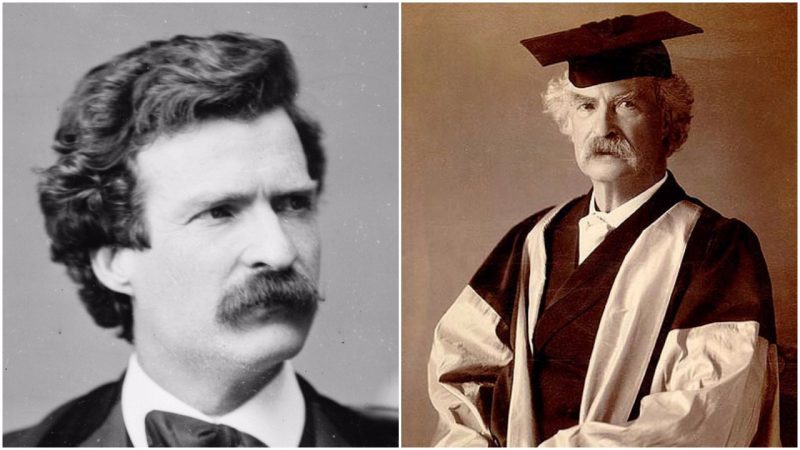Mark Twain was one of the most prominent American writers of the 19th century. His novels “Adventures of Huckleberry Finn” and “The Adventures of Tom Sawyer” were inspired by his childhood and youth in the wilderness of Missouri, and are a vital part of the American literary canon.
At the time of its release, “Adventures of Huckleberry Finn” was even praised as the first “Great American novel”.
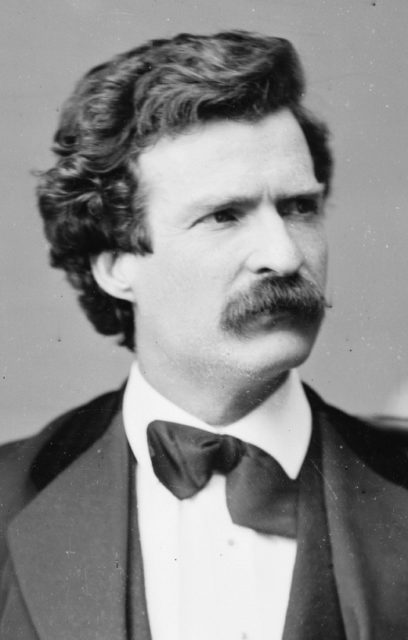
The name “Mark Twain” was not the real name of the writer, but only his pen name. His real name was Samuel Langhorne Clemens, however, he used several invented names when publishing his works. He was a prominent humorist, and he frequently published humorous stories under the name “Josh”. His main pen name “Mark Twain” is a reference to an archaic expression used by boatmen on the river Mississippi to measure the depth of the water.
Twain was an avid abolitionist, anti-racist and supporter of the emancipation of slaves. This is visible throughout his works, as his characters often tend to express disapproval towards the unjust treatment of African Americans.
Twain was a huge supporter of President Abraham Lincoln, and when Lincoln issued his Emancipation Proclamation, an executive order that freed the slaves of the South, Twain wrote, “Lincoln’s Proclamation not only set the black slaves free but set the white man free also”.
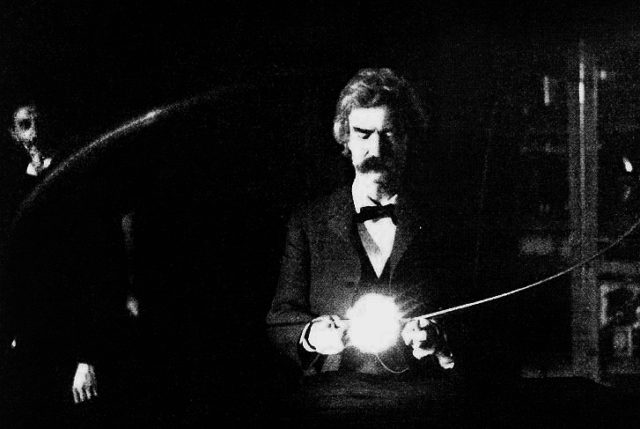
Twain didn’t only write about the wrongs committed towards African Americans and people of other races, he used his own money to promote equality. He paid for the scholarship of one African American man at Yale Law School, and he financed another man’s education to become a minister.
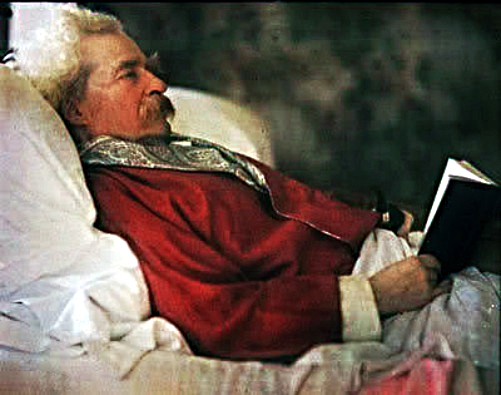
Furthermore, Twain was a supporter of gender equality at the time when American women started fighting for their rights. In 1901, he wrote a speech entitled “Votes for Women”, in which he urged the U.S. government to grant voting rights to women.
He even, in fact, predicted that women would be granted voting rights within 25 years of his speech, and his prediction was accurate because women were granted voting rights in all states by 1920.
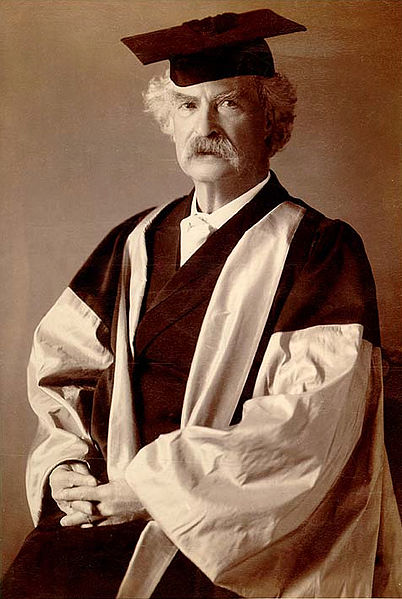
Although Twain is nowadays praised as a civil rights activist and an abolitionist, some critics consider a few of his early writings to be a stain on his career because they featured several unfavorable comments on the nature of Native Americans.
Twain’s later writings expressed empathy and compassion towards Native Americans, but the few questionable sentences from his early years remain a subject of discussion in the domain of the post-colonial literature.
